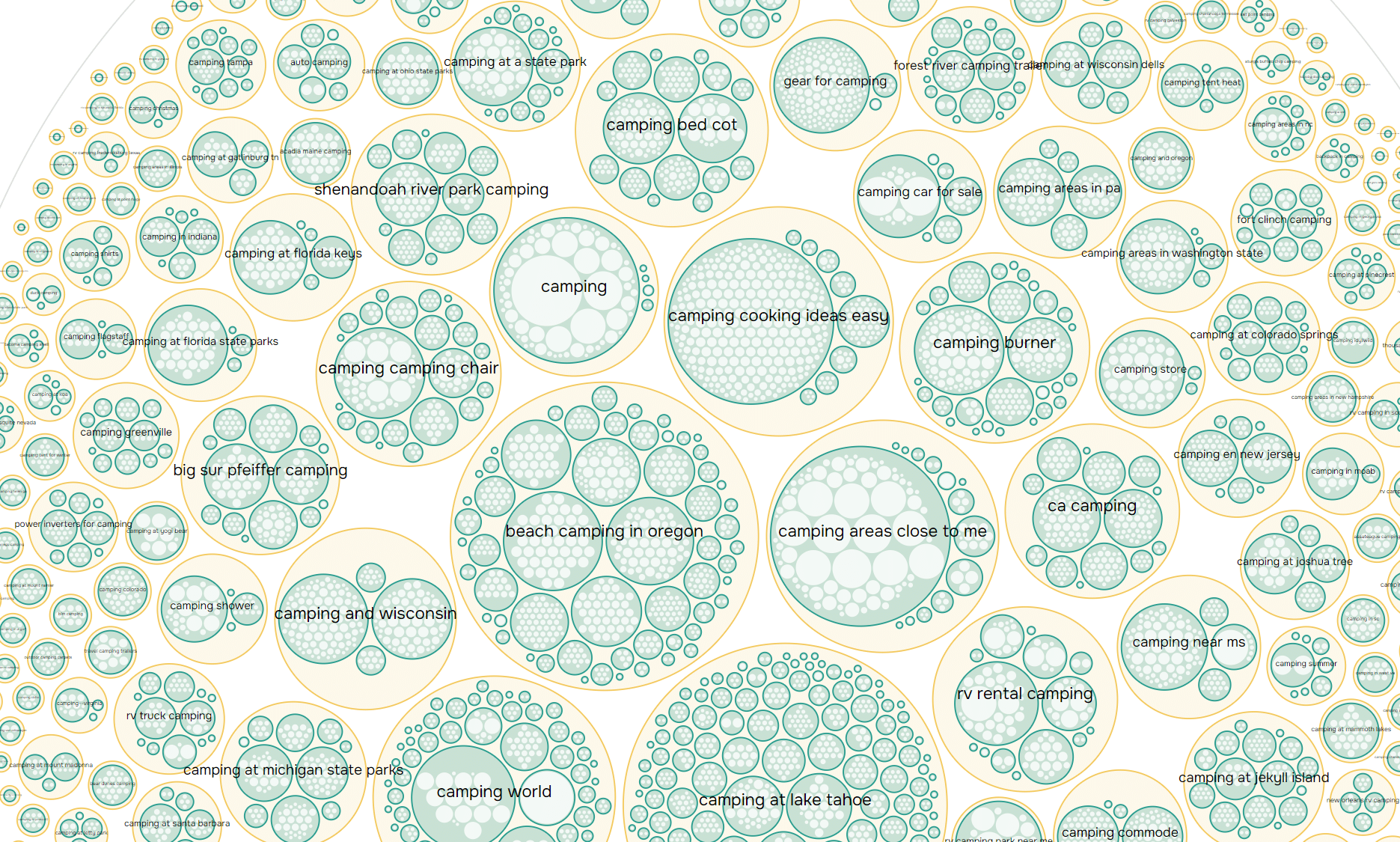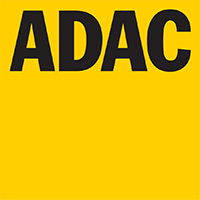Group keywords by Google SERP overlap.
Structure your content the way Google wants you to. Automatically group your keywords using SERP overlap and NLP clustering.







Recommended and used by







Four steps to effective keyword clustering.
Discover new and profitable keywords groups that you can realistically rank for.





Structure your content the way Google likes it
The output of SERP clustering is a list of keyword groups that closely resemble Google’s internal view on the topic. Use these clusters as the foundation of your content strategy and Google will love your content.

Semantic NLP clustering
In addition to SERP overlap clustering, seospark.io uses natural language processing (NLP) to further group SERP clusters into semantic groups.

Discover content gaps
Find SERP clusters that you don’t rank for, yet. Use this information to position your content better by adhering to Google’s internal content distribution.

View the clusters in a clear, easy-to-understand diagram.
We visualize the identified SERP and semantic clusters, making it simple to present them in meetings or to clients. This helps everyone understand where opportunities for optimization lie.
|
seospark.io
|
AnswerThePublic
|
SEMRush
|
keywordinsights.ai
|
|
|---|---|---|---|---|
| Keyword Discovery | ||||
| SERP Clustering | ||||
| Rank Tracking | ||||
| People Also Asked | ||||
| Competitor Keywords |
Why you should choose us.
seospark provides a top-notch all-in-one solution that combines keyword research and performance tracking tools.
More data. More insights.
Real Results, Real Feedback








Frequently Asked Questions
Should you have any further inquiries or concerns, please do not hesitate to reach out to us.
We fetch keyword and ranking data in realtime from Google, so all data you see in the tool is highly accurate up to date.
We offer a trial for you to test the tool and see if it’s right for you. A trial is not automatically converted to a subscription. After your trial, you can subscribe and choose to be billed monthly or yearly. You can cancel your subscription at any time.
Yes, seospark allows you to export your keyword data in various formats, including XLSX (Microsoft Excel), CSV and JSON.
Yes, seospark supports virtually every language and country, making it a versatile tool for businesses and marketers worldwide.
Yes, seospark offers a range of support and training resources, including a knowledge base, video tutorials, and a customer support team that can be contacted via email. The tool is very user-friendly, so even beginners can get started quickly.
